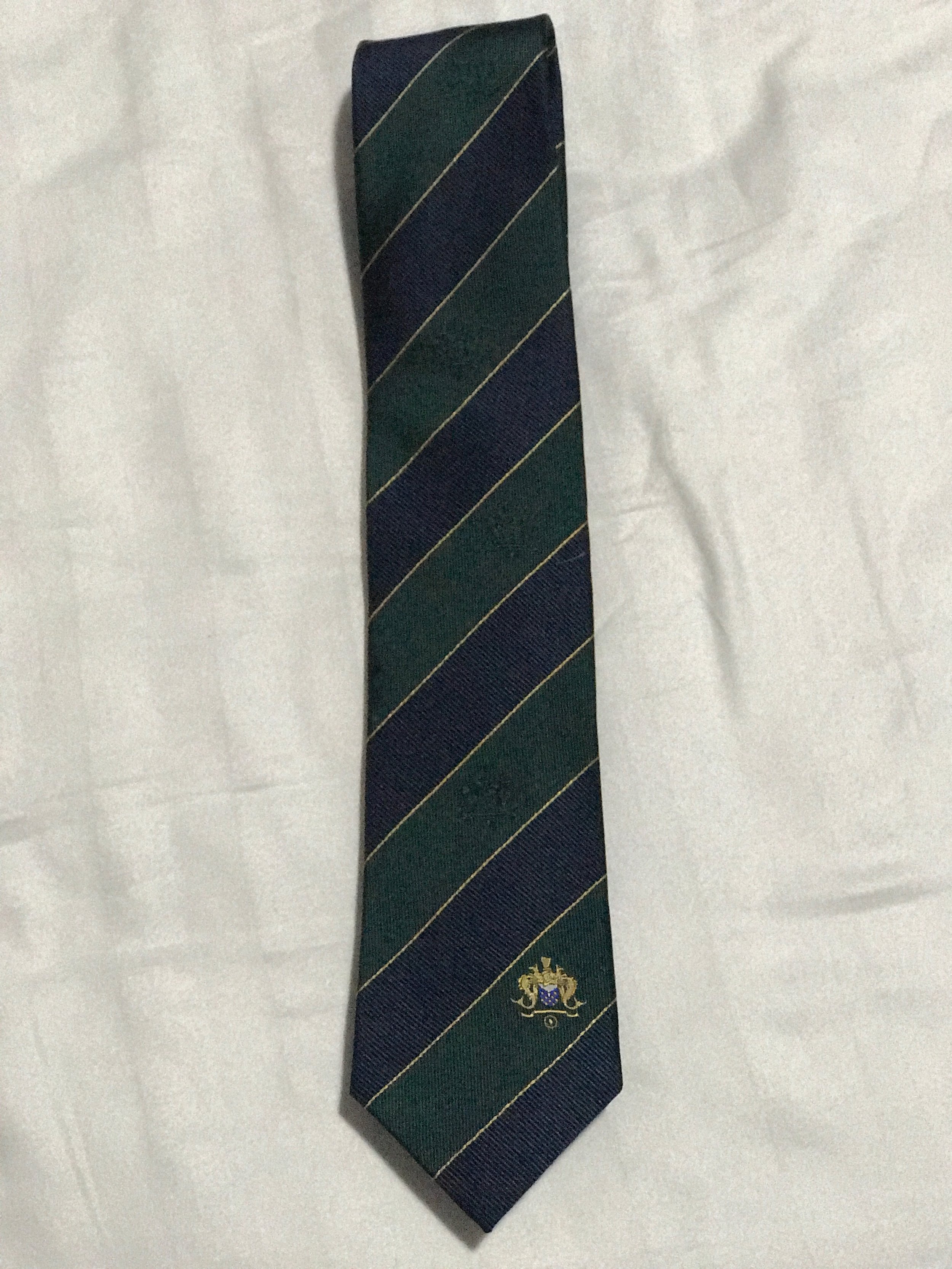The exam was run in 2 separate days. In each day there were 4 groups, of which 2 would get the same set of short case questions. For simplicity’s sake, my exam was on the second day, with I’d guess the first set of questions.
Day 1 Long Case:
52yo/ obese, hpt, breast ca on adjuvant chemotherapy complicated by axillary dvt, came for MAC & Mammoplasty.
Asked on obesity, problems with obesity, THRIVE, HPT definition, cut off point for cases, antihypertensive. Asked on Rivaroxaban. Choice of anaesthesia. Explain Pec block, LA toxicity and treatment
Day 2 Long Case (mine):
A diabetic smoker with diabetes, hypertension, IHD, obesity, presenting with acute severe headache.
Asked on SAH, initial assessment and resuscitation. Grading.
Issues regarding sedation for CT in such a patient (or nothing at all...)
Monro-Kellie doctrine definition & ICP pressure volume curve
Obesity and OSA, airway concerns
Double antiplatelets on DES in periop period
BP management pre, induction and intraop
SGLT-1 inhibitors and other OHA's
NSM (neurogenic stunned myocardium) and effect on intervention
The ISAT study
Issues regarding interhospital transfer
Medical management of intracranial hypertension
Hyponatremia - CSW vs SIADH
Mortality of rupture
BP management in the OT
Day 1 Short Cases:
SOE 1 (both of 1 group)
House burn, draw ODC, oxy alveolar equation, A-a gradient and causes. Hemoglobinopathies
Tracheostomy, indication, advantages, complication, compare percut vs surgical
HIV, cerebral toxoplasmosis and treatment antiviral and complication.
SOE 2
Trauma - cxr on pneumothorax, hemothorax, approach
Acromegaly, symptoms, transphenoidal approach, problem post op - they wanted to talk about hypertension post op
Preeclampsia, hellp syndrome, treatment
Arthroscopy, explain femoral and sciatic block
Day 2 Short Cases:
Group 1 questions, combined (my group):
HPAA axis, RAA axis, the JGA
Malnutrition and complications in the critically ill, assessment, biochem markers, replacement strategies, Harris-Benedict equation, indirect calorimetry, immunonutrition
Pulse oximetry, odc curve, cyanide toxicity, methaemoglobina, CO toxicity
Esophageal doppler, limitation, contraindication, interpretation of eosophageal doppler
Ultrasound, principle, doppler effect, equation
Interscalene block & sonoanatomy of neck
Obesity, osa
Trigeminal neuralgia
Pheochromocytoma
Serotonin syndrome vs neuroleptic malignant syndrome
Posterior pituitary hormones and their production, perioperative steroid use, angiotensin II
Maternal hemorrhage - diagnosis, labs, management, MTP, hemostatic procedures, WOMAN trial
Group 2 questions, combined:
Failed back syndrome, management
Bronchiolitis, pathophysiology, diagnosis
Pregnancy with tetralogy of fallot (corrective surgery done in childhood) explain physiology, anaesthetic management
Myasthenia gravis going for upper limb surgery, question on ms relaxant and reversal. Anaesthetic management
Lower limb surgery post op pain management. Ankle block, LA toxicity
Foot drop. Which nerves are affected, Risk factor, causes, investigation and management
Trauma patient road traffic accident with hypotension and tachycardia differential diagnosis. Blood result: coagulopathy, differential diagnosis, management
Stroke patient from nursing home admitted icu for pneumonia. BP crashed. What are the likely pathogens, choice of antibiotics, antibiotic classification
Brainstem death testing. Ancillary testing
Guillian barre syndrome, differential diagnosis, treatment
Defibrillator, principle. AED vs conventional defibrillator
Personally, how did I do? Well one thing I knew was that there was a lot I didn’t know (but didn’t have the time to revise), and many things that I’ve already revised but forgotten. Some areas that I really effed up:
1) Grading of SAH. Mortality rates
2) Classification of oral antidiabetic agents (I really had an embarrasing brain freeze on this)
3) The name ISAT trial (I remembered the take-away)
4) The term JGA
5) Serotonin syndrome versus NMS (despite reading multiple times)
6) Particular frequency ranges of various USG probes
My score? I got a 3/3/2. So it wasn’t a great score by any means; another 2 (borderline) and I’d have failed. But considering that I probably only really started studying on December, I can’t complain! A pass is a pass in the end. So what was my strategy then?
I generally kept being consistent in how I approach my studying to prepare for the exams. There was literally no major changes when compared with how I studied for the FCAI Written (or from my first exam, the MCAI MCQ’s for that matter). There was only minor tweaks in how I focus and allocate time for things. I always try to revise the topic of the day (in the cases and scenarios I encounter) regardless of whether I had those notes or not. When at home, my aim would be to make notes, with the aim of “short bursts” on a topic; this would allow me to switch to another topic. If I needed to return to that topic, I’d then continue to do so. This allowed my notes to cover a broader number of topics (but with the notes relatively “incomplete” compared to my previous notes). I tried to focus my notes on conceptual aspects and those that would involve comparisons and diagrams, but I didn’t necessarily succeed in ensuring the needed focus to only do notes where there is a good payoff versus the effort needed to make such notes.
So now what’s next? There’s a lot to do still, and it’s likely much harder. Now, instead of being purely focusing on academic pursuits alone, I also have to deal with:
DOPS (Directly observed procedural skills)
Case-based discussions
Research
6 monthly assessments that consist of viva (they said it’s not an exam, just an assessment; whatever, they’re the same)
Before this I had to take time off for various reasons, and could afford to as the interval between exams was up to me. There won’t be any opportunity for time off now. Which means I really need to settle my main problems looking forward: my problems with fatigue, maintaining lifting performance, both of which is needed for my mental wellbeing. Without solving the equation above, I will not be able to manage all of the above stuff and maintaining to study.
Damn.

